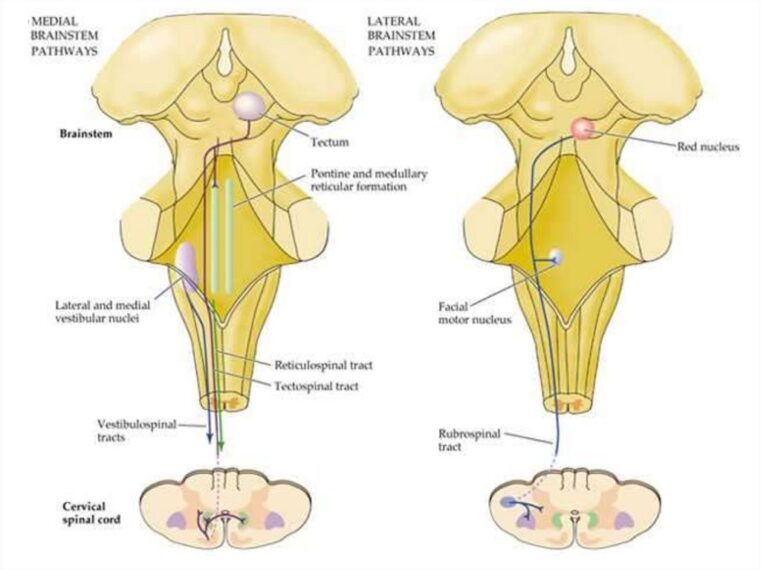Researchers at the Hudson Institute have made a groundbreaking discovery that sheds light on the underlying cause of poor cardiorespiratory control in babies affected by fetal growth restriction (FGR). Their study, led by vascular physiologist Dr. Beth Allison, reveals that growth-restricted fetuses exhibit persistent injury in the brainstem, which plays a crucial role in regulating the cardiovascular and respiratory systems.
Published in the Journal of Physiology, the research points to restricted blood flow through the placenta during pregnancy as the primary factor contributing to the brainstem damage observed in these infants. This damage can lead to a range of heart and lung issues post-birth, highlighting the need for targeted therapies to improve outcomes for these vulnerable newborns.
Dr. Allison emphasized the significance of their findings, likening the brainstem damage to a malfunctioning control panel that impacts the overall functioning of the cardiovascular and respiratory systems. While previous studies had indicated preserved brainstem function in FGR cases, this study is the first to demonstrate significant neuropathological changes in this critical region of the brain.
Looking ahead, the research team sees potential for developing neuroprotective strategies and therapies tailored to address the specific needs of infants affected by fetal growth restriction. By identifying this novel pathway for damage, they aim to pave the way for improved medical interventions that could enhance the long-term health outcomes of these at-risk children.

